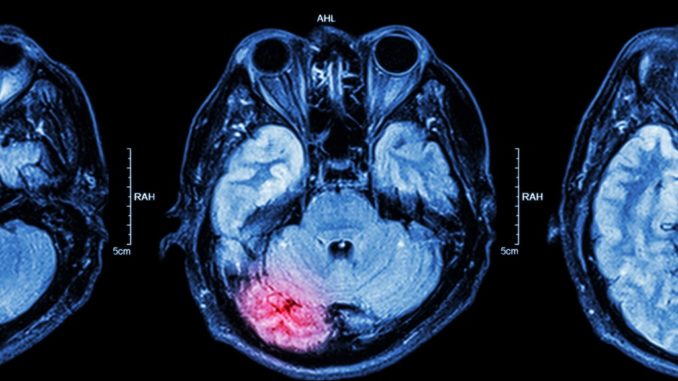
 The University of California reports that there are above 600 neurological disorders. Any disease that affects the brain, the central, and autonomic nervous system is classified as a neurological disorder. An examination of the patient’s brain and nervous system can reveal the impact of any disorder. These examinations could include memory tests, physical tests, and even cognition exams. Doctors also use a neuropsychological assessment to check whether the patient is suffering a form of impairment or brain injury.
The University of California reports that there are above 600 neurological disorders. Any disease that affects the brain, the central, and autonomic nervous system is classified as a neurological disorder. An examination of the patient’s brain and nervous system can reveal the impact of any disorder. These examinations could include memory tests, physical tests, and even cognition exams. Doctors also use a neuropsychological assessment to check whether the patient is suffering a form of impairment or brain injury.
Since the brain is the central subject of neurology, St. George facilities offer primary care for patients who suffer all forms of physical brain injuries. But first, how do you know it’s a neurological disorder? What are the types, symptoms, and causes?
Types of Neurological Disorders
There are more than 600 kinds of neurological disorders. These range from the simple to complex ones. Different types of neurological disorders affect millions of people worldwide. There are 24 millions of people who have Alzheimer’s disease while 326 million people suffer migraines. Here are the most common types:
1. Migraines
2. Epilepsy
3. Alzheimer’s Disease
4. Parkinson’s Disease
5. Multiple Sclerosis
Causes of Neurological Problems
The causes may vary, but it’s common that the brain and the spinal cord is sensitive to force or pressure. Membranes cover both making it susceptible to force. A “small disturbance” can in any part of the nervous system can cause a problem. Some of the contributing factors include:
1. Genetics
2. Infections
3. Lifestyle habits
4. Environment
5. Physical injuries
6. Nutrition

Symptoms of Neurological Disorders
Since there are many forms of neurological disorders, it’s hard to specify a single symptom. There are emotional and physical symptoms that come with a neurological disorder. Here are some of the most common symptoms:
1. Emotional symptoms like mood swings, depression, or delusions.
2. The body or one part may become paralyzed.
3. A loss of sensation in the limbs.
4. A weakness of the muscles.
5. Episodes of seizures.
6. Reading and writing difficulty.
7. Lack of alertness.
Medications Used for People with Neurological Disorders
A neurological disorder may scare many, but it’s important to know that there are prescription medicines to address such issues. These medicines are out in the market to provide relief to patients. Corticosteroids, for example, are drugs to treat multiple sclerosis while Levodopa is given to patients with Parkinson’s disease.
Some of these medications have side effects, and could also result in drug dependence. Talking to the attending physician is a must-do for patients and their guardians. But to stop taking medicine may lead to withdrawal symptoms. When this happens, you must talk to the attending physician. Here are the common symptoms of withdrawal:
1. Nausea
2. Headaches
3. Tremors
Seek Professional Help
Lastly, it doesn’t matter how long the problem is going on. What is essential is to seek medical help immediately when you recognize the symptoms. It’s important to consult a doctor the moment you suspect you or your loved one has a neurological disorder. Ask them about proper care, the development of the disease, and how your loved one could maintain their independence.
